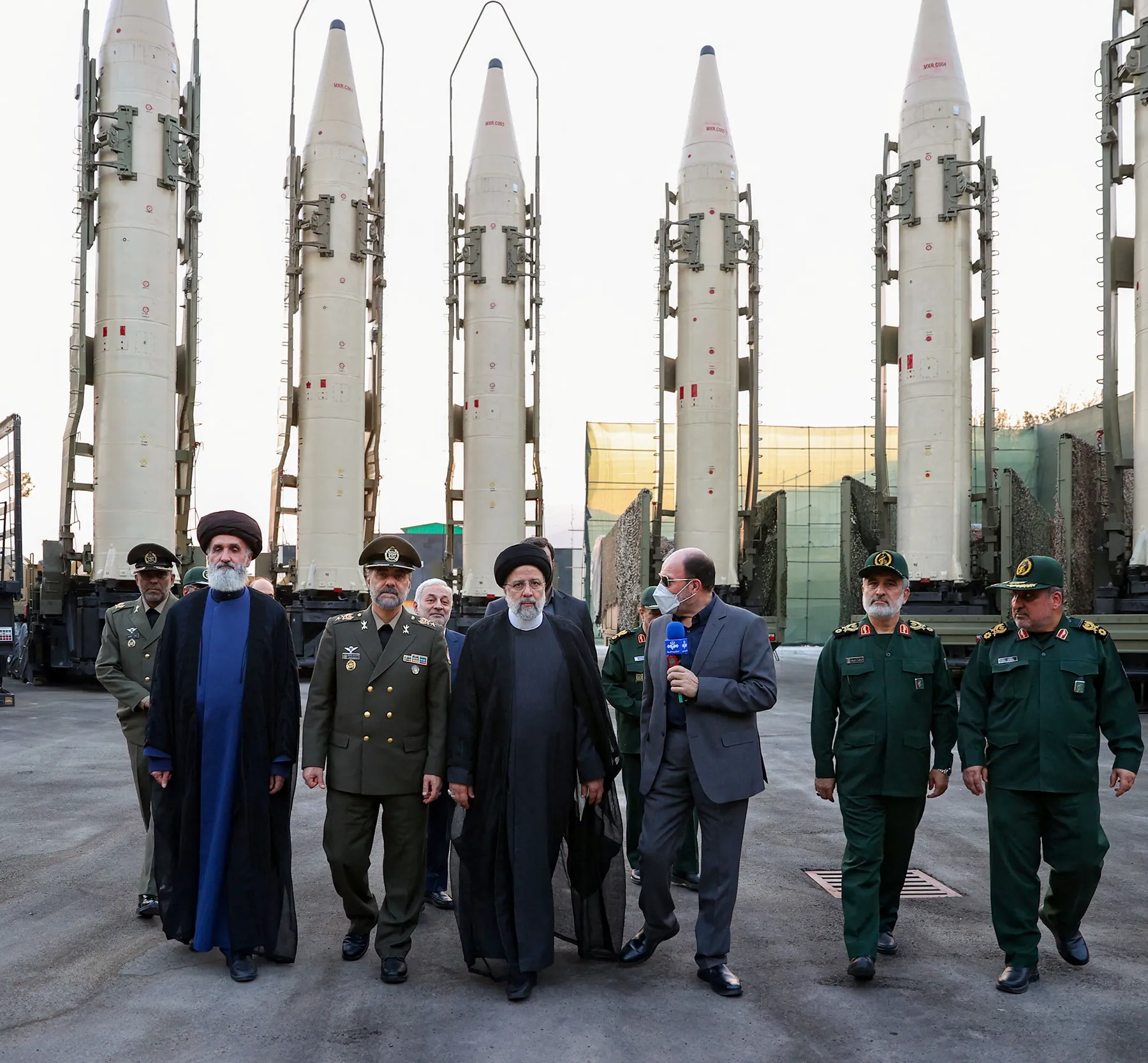
The international community has been jolted by recent reports suggesting that Iran has delivered hundreds of ballistic missiles to Russia. This development, if confirmed, represents a significant escalation in military cooperation between the two sanctioned nations and carries far-reaching implications for the ongoing war in Ukraine, regional security dynamics, and the global arms trade landscape.
Unveiling the transfer: Sources, scope, and motivations
News of the missile transfer emerged from multiple sources, including Iranian officials and individuals familiar with the matter, who spoke to reporters. The reports indicate that Iran has provided around 400 missiles, primarily from the Fateh-110 family, known for their short-range capabilities of between 300 and 700 kilometers. The missiles were reportedly transported by ship and plane via the Caspian Sea, highlighting the intricate logistics involved in such a large-scale transfer.
While Iran has defended its right to export weapons to any country, the timing and recipient of this transfer raise concerns. The missiles arrive as Russia grapples with battlefield setbacks in Ukraine, prompting speculation that they are intended to bolster Moscow’s offensive capabilities. The deepening military ties between Iran and Russia, both facing Western sanctions, suggest a strategic alignment driven by shared geopolitical interests.
Ripple effects: From Ukraine to the Middle East and beyond
Beyond the immediate impact on Ukraine, the transfer raises concerns about regional security ramifications. Iran’s growing influence and willingness to arm Russia could trigger arms races and heighten tensions in the already volatile Middle East. Additionally, the international community faces a delicate balancing act, navigating the potential need for further sanctions against Iran and Russia while avoiding measures that could further isolate these nations and complicate diplomatic efforts.
The specter of nuclear non-proliferation also looms large. While the Fateh-110 missiles are not nuclear-capable, concerns exist that such a transfer could embolden Iran’s nuclear ambitions or erode trust in international non-proliferation efforts. The international community will likely scrutinize Iran’s compliance with relevant agreements in light of this development.
Unanswered questions and the road ahead
It is crucial to acknowledge that the missile transfer remains unconfirmed by either Iran or Russia. Further investigation and verification are essential to understand this development’s full scope and implications. Additionally, ongoing discussions and analyses related to the transfer, such as those undertaken by the International Atomic Energy Agency, warrant close attention.
As the situation unfolds, the world watches with bated breath. The potential consequences of Iran’s missile delivery to Russia are significant, impacting the trajectory of the Ukraine war, regional security dynamics, and the global arms trade landscape. Continued monitoring and analysis are paramount to navigating this complex situation and mitigating its potential negative ramifications.
The missile transfer from Iran to Russia marks a potential turning point with far-reaching consequences. While the complete picture remains unclear, the implications for Ukraine, the Middle East, and the international order are undeniable. As the situation evolves, the international community must tread carefully, balancing the need for accountability with the complexities of diplomacy and the ever-present risk of further escalation. Only through rigorous investigation, responsible action, and a commitment to peaceful resolutions can the world navigate this critical juncture and work toward a more stable and secure future.
